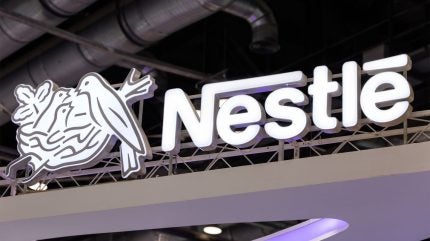
Swiss food giant Nestlé has invested $7m to expand its breakfast cereal manufacturing facility in Harare, Zimbabwe.
The company’s “strategic upgrade” at its only plant in Zimbabwe involves installing a fourth roller dryer for the production of its wheat-based cereal brand, Cerevita.

Discover B2B Marketing That Performs
Combine business intelligence and editorial excellence to reach engaged professionals across 36 leading media platforms.
Nestlé said in a statement provided to Just Food that the upgrade will “increase the factory’s production capacity by over 35%”, enabling “greater supply” to domestic markets and for exports to Zambia, Malawi, and Mozambique.
The world’s largest food company said the investment is aimed at “reinforcing Zimbabwe’s role as a strategic hub” for manufacturing breakfast cereals in the Eastern and Southern Africa Region (ESAR).
Furthermore, the development aligns with Nestlé’s “Africa for Africa” strategy, which focuses on localising manufacturing and sourcing to foster “self-reliant food systems across the continent”, it said.
Nestlé’s ESAR’s managing director and chairperson Nicole Roos said: “The investment reflects how we are embedding our ‘virtuous circle’ model – sourcing from local farmers, investing in local talent, manufacturing locally, and exporting regionally.

US Tariffs are shifting - will you react or anticipate?
Don’t let policy changes catch you off guard. Stay proactive with real-time data and expert analysis.
By GlobalData“Zimbabwe is not just a market; it is a valued contributor to a more resilient, inclusive, and sustainable food system for Africa.”
Operational for over 60 years, Nestlé’s Zimbabwe business employs more than 400 people directly and indirectly, according to the statement.
Khaled Ramadan, Nestlé’s managing director for East Africa, added: “Our brands, like Cerevita are trusted by families across Southern Africa. With this expansion, we are better equipped to meet rising demand while contributing to stronger local economies, sustainable agriculture, and improved livelihoods.”
The Harare facility is also the “cornerstone” of a $40m investment programme of Nestlé, which aims to enhance cereal and coffee production across the ESAR, the company said.
In November 2020, Nestlé invested more than $2.5m in the cereal manufacturing plant. The company established a new manufacturing line to increase production by more than 30%.



